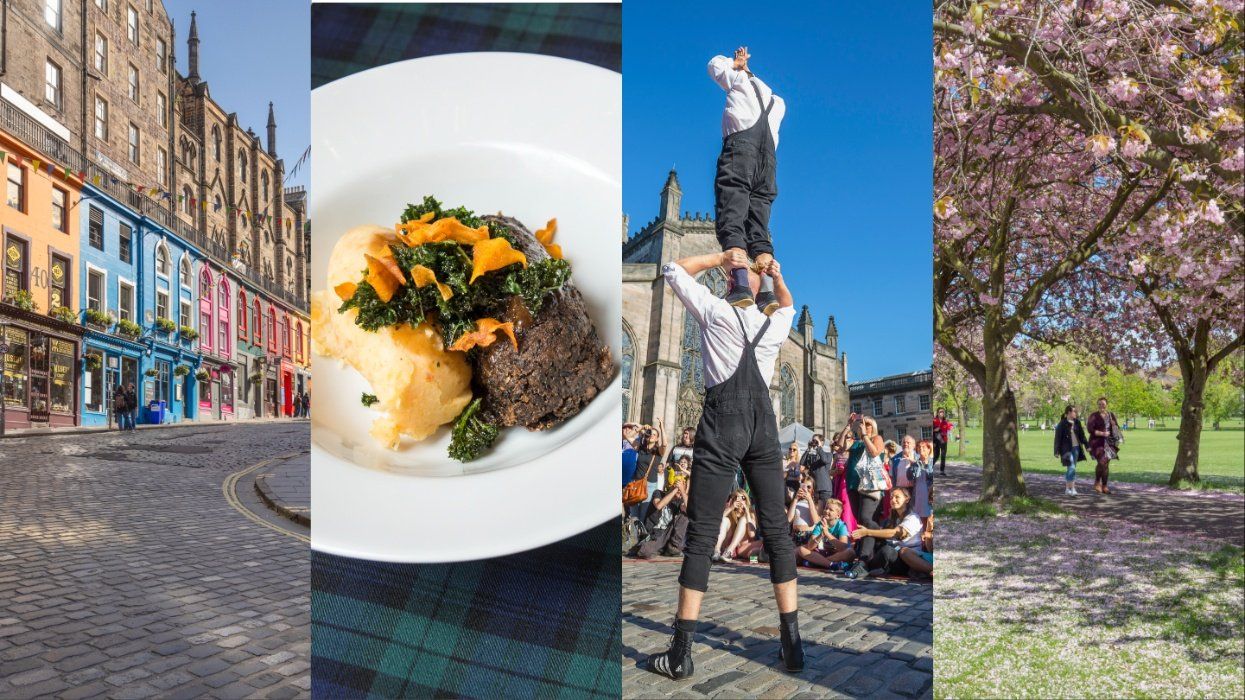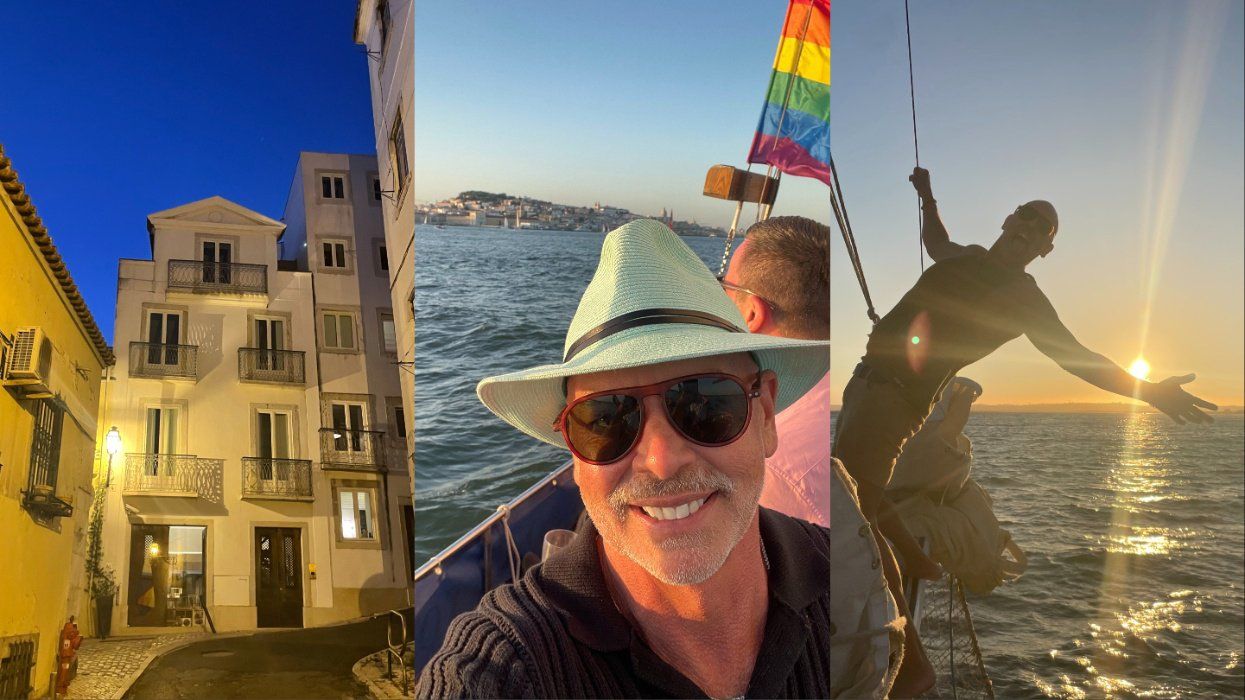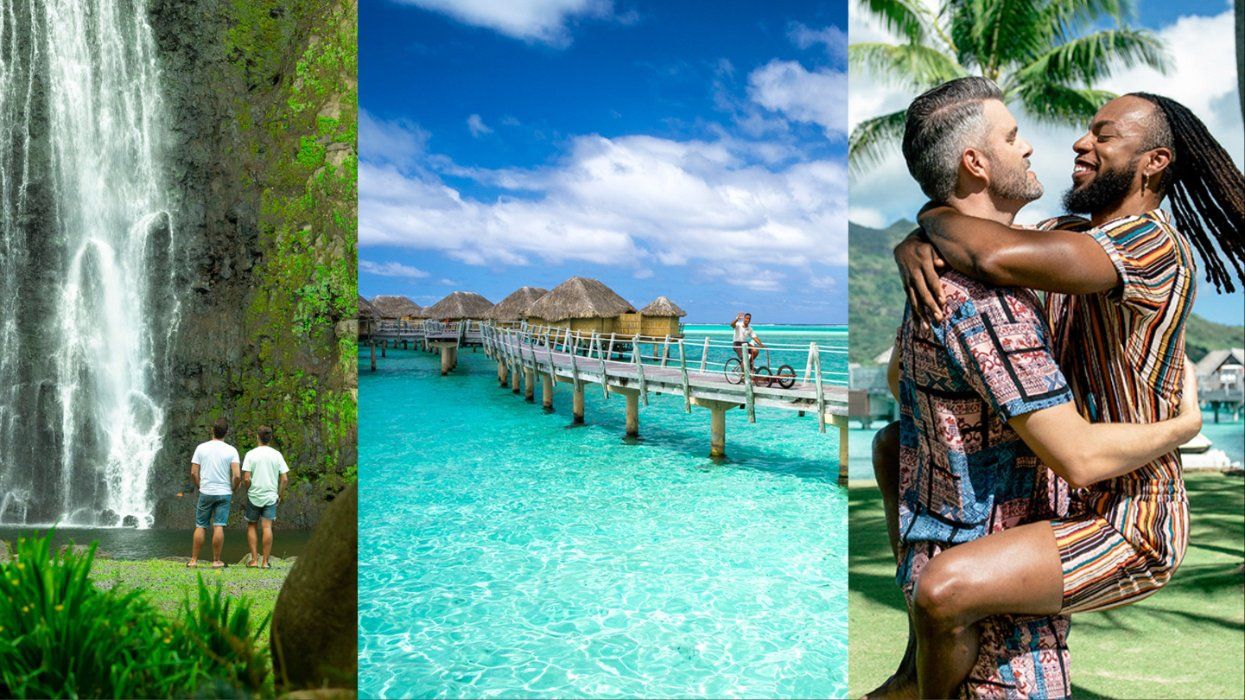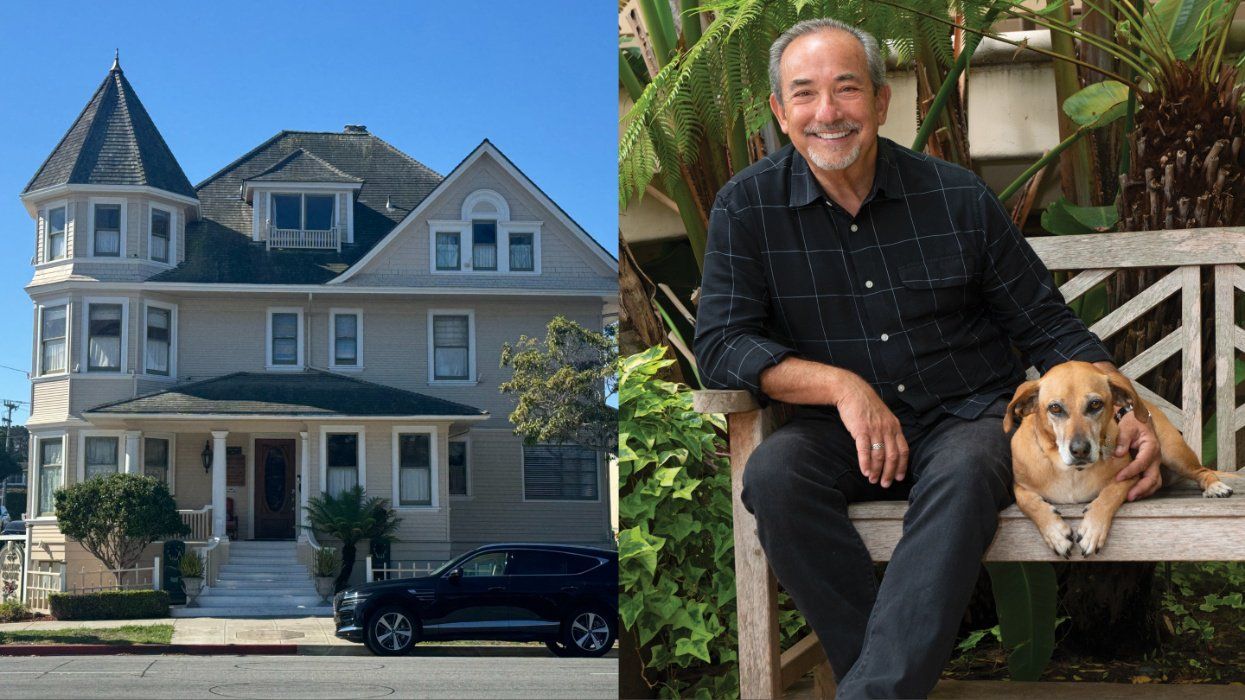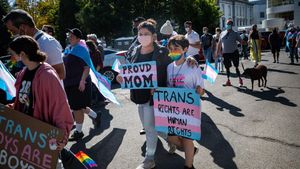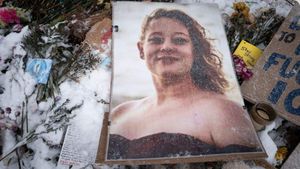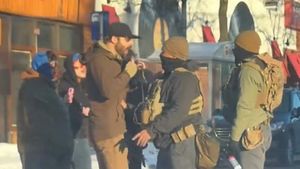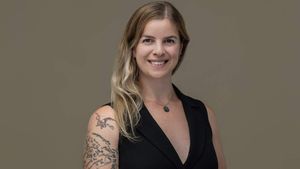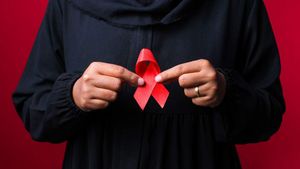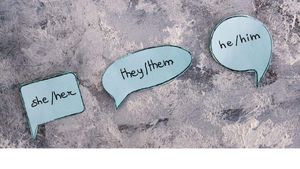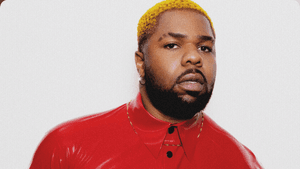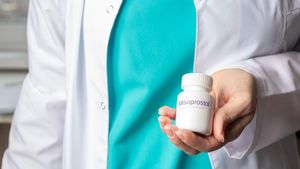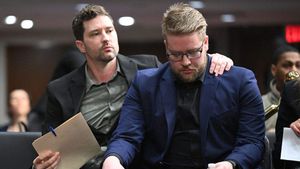CONTACTCAREER OPPORTUNITIESADVERTISE WITH USPRIVACY POLICYPRIVACY PREFERENCESTERMS OF USELEGAL NOTICE
© 2026 Pride Publishing Inc.
All Rights reserved
All Rights reserved
Scroll To Top















By continuing to use our site, you agree to our Privacy Policy and Terms of Use.
Travel Safe(er) This Holiday Season
Travel Safe(er) Over the Holiday
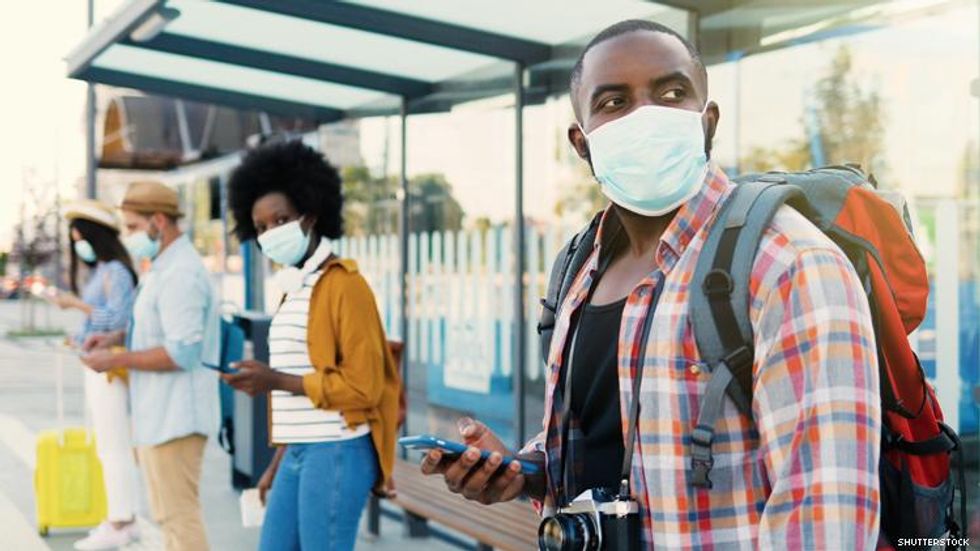
The Centers for Disease Control and Prevention is urging people to stay home and not travel for the holidays, saying it "continues to recommend postponing travel and staying home, as this is the best way to protect yourself and others this year."
Still, millions of Americans aren’t following that advice. The Transportation Security Administration sreened more than a million passangers on Friday alone. According to U.S. Today, that's 1.5 million fewer passengers than last year (down nearly 60 percent), but only the sixth day since mid-March to top 1 million (four of those days represent times travel peaked over Thanksgiving.
If you’re one of them, I’m going to assume that you are neither an idiot nor an anti-science luddite. Presumably, you’re traveling over the holidays. because you have to. So let’s get serious about risk-reduction. Here’s the best advice we found for reducing your risks while traveling
Stay Home
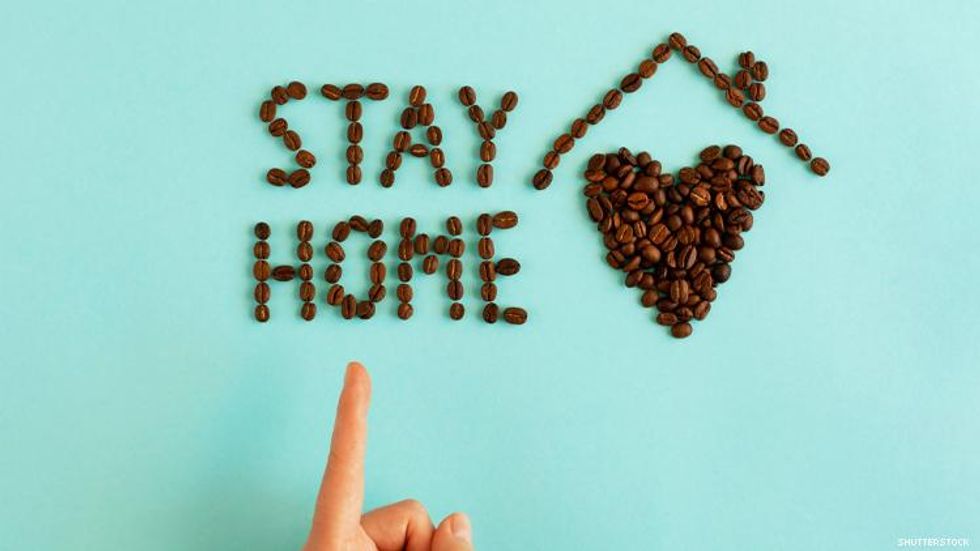
I know, I know, I just said I was assuming you had a damn good reason for being on that plane. Still, do your best to limit how much you travel once you get to your destination. Try to stay where you are going. Don’t jaunt off through five neighboring states because your brother told you how powdery the slopes were in Colorado. If you’re going home, stay there. If you’re going somewhere else, stay at one place there.
Be Prepared
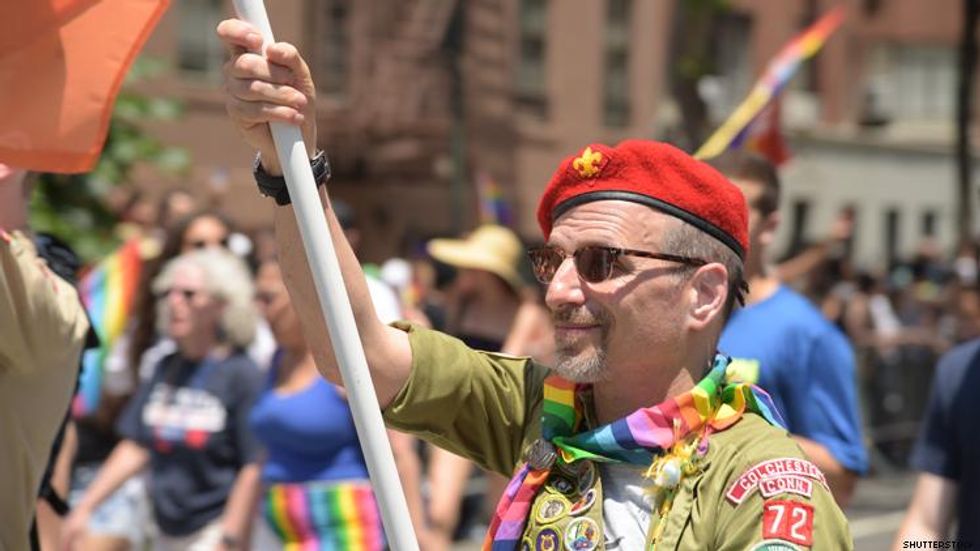
You don’t have to be a Boy Scout to be prepared. The CDC recommends that you get a flu shot before traveling and that you bring extra masks and hand sanitizer.
Do your research. Check CDC’s COVID Data Tracker for the latest number of cases at your travel destination so you know how bad things are getting where you are going.
A. Marm Kilpatrick, an infectious disease researcher at the University of California, Santa Cruz told Scientific American the least risky way to include elderly or other at-risk relatives is for the other attendees to sequester themselves at home for two weeks, avoiding all in-person social contact, and then drive to the gathering while being very careful about interactions along the way. You may not be able to do all of that, but do what you can before traveling or attending a holiday get together, so you reduce the potential you'll be the one spreading the virus.
Don't Treat a Test Like A Get Out of Jail Free Card

Just because travel destinations and transportation are starting to require tests before travel doesn't mean that a negative result means you are in the clear. A test can confirm you have the virus, but it cannot prove you don't. During the recent outbreak at the White House, some people tested negative in the morning, had symptoms in the afternoon, and tested positive in the evening. The instant tests aren't as reliable as those that go to a lab, but even the tests that take longer for results can only confirm if you had the virus at the moment the sample was taken. If you happened to be exposed directly afterward, you could have the virus and not know, and it wouldn't show up on the results. So don't assume you're not sick or infectious just because you didn't test positive. You still need to wear your mask and social distance.
Avoid Air Travel
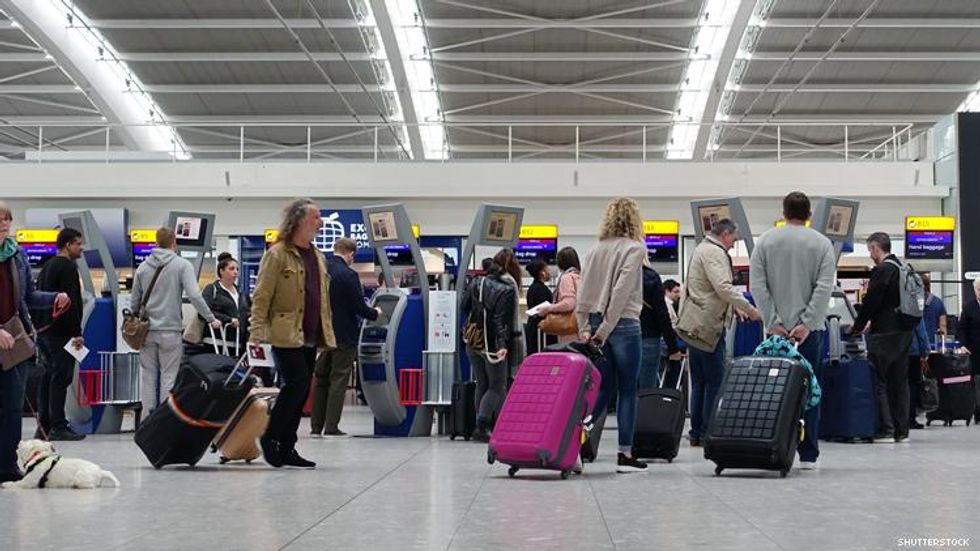
It’s not that airplanes themselves are so risky. It turns out the ventilations systems can do a good job of filtering out the virus, as long as they are running. But the real risk of air travel comes via all the other people. People come from all over the country (and world) and mingle together (sometimes tightly packed) indoors. It's the perfect superspreader event.
Rent a Car

According to Scientific American, “If you must travel, the safest way is by car.” (Well, actually, as James Hamblin, of the Atlantic points out, the safest way to travel is by walking or biking, but that's a lot slower and not practical for most holiday travel.) The car is the next safest choice, but even that comes with a caveat: when you are confined in a car you cannot do appropriate social distancing, so go it alone or only with those inside your bubble. Baring that, Joseph Allen, who studies risk science at the Harvard T. H. Chan School of Public Health suggested to Scientific American, that you make sure everyone is wearing a mask and roll down the windows. (Brrr!)
Follow Local Mandates
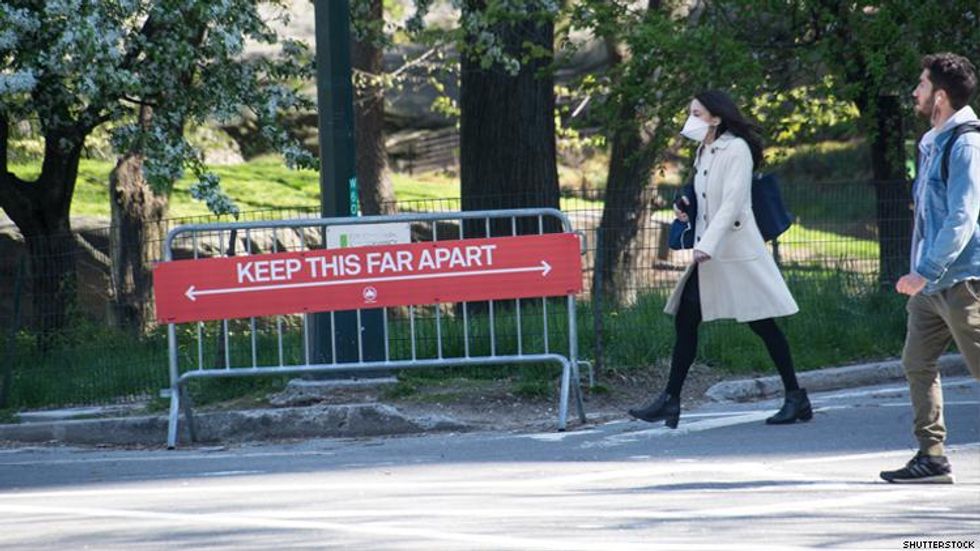
If you are traveling to another jurisdiction, especially crossing state lines, find out what the local health recommendations and mandates are. Some places require those arriving from out of state to quarantine for a week or more. Know what the rules are where you are going and do your best to comply. One resource for this is the CDC's Travel Planner. Enter the city or zip where you are headed and you'll find local information and links to local health department sites.
Meet Outdoors
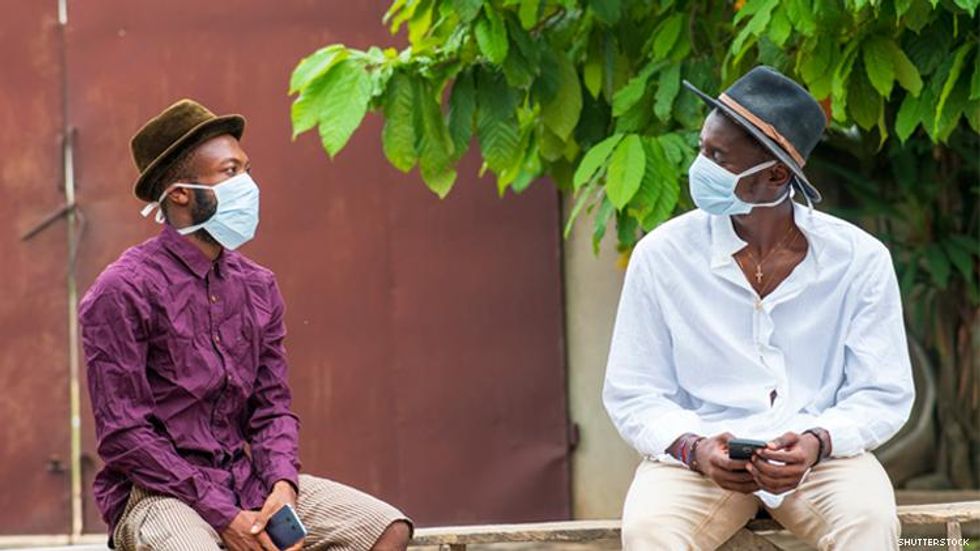
As studies show, being outdoors is much safer than being inside with other people. Almost all transmission occurs indoors. Maybe it's unreasonable to eat your holiday meal outside, but you can socialize with people outside, even in the cold. Wear the right clothing, then go for a walk or sit near each other and talk (and yes, it's best if you still keep your masks on).
Avoid Large Gatherings
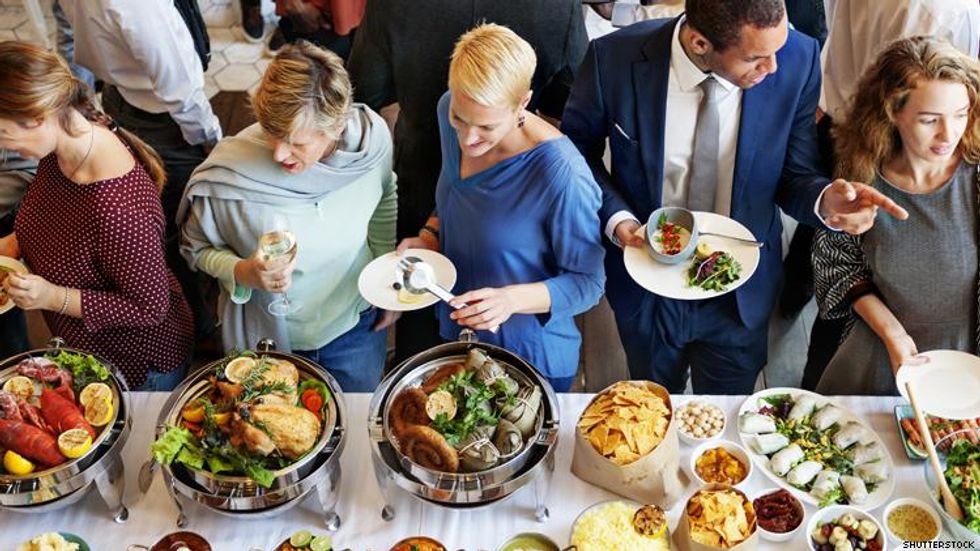
In travel you won’t always have control over who you’re forced into confined quarters with. But do what you can to limit how many people you interact with face to face. Don’t go to a bar, don’t invite more people to dinner, only hook-up with that one guy on Grindr, not the other 3 hotties who also caught your eye. Who you are around matters too; someone who is a frontline worker is more of a risk than someone who hasn’t left quarantine for a month. Evaluate the risks involved with each individual, and don’t forget to consider what kind of risk you are putting them in by seeing you.
Limit the Time You Spend With People
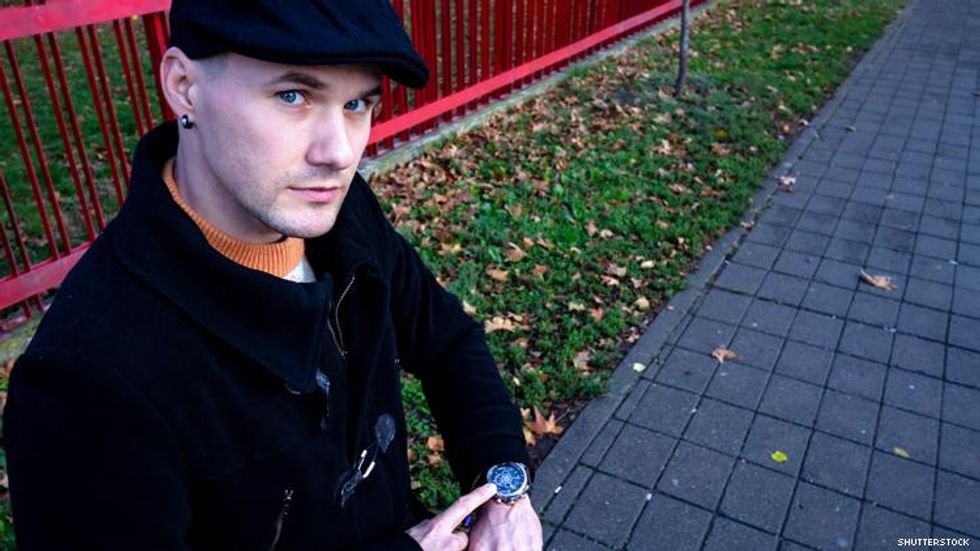
Your risk increases with both the number of people and the amount of time you spend with them in close proximity. Keep visits short.
Solo Singing Only (And No Shouting!)
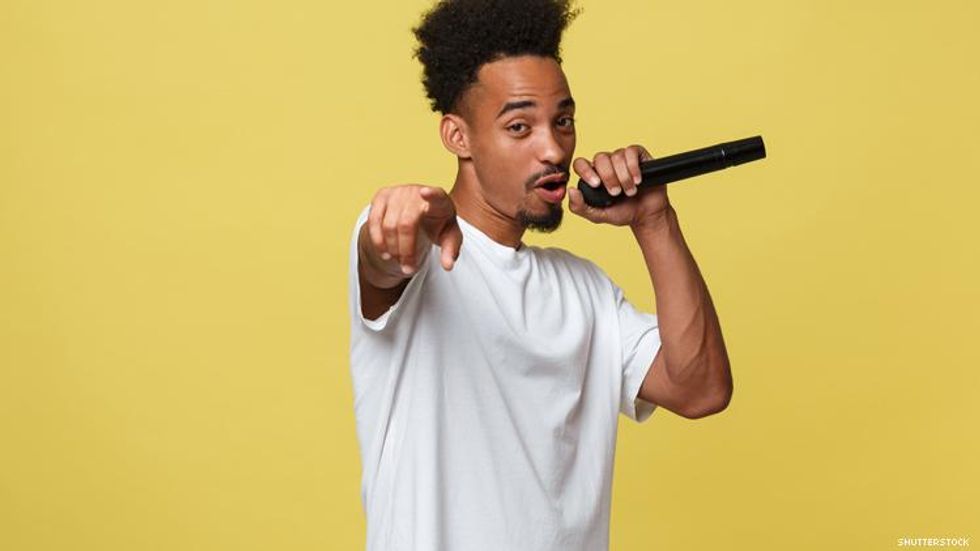
Raising our voices to be heard and singing can increase the amount of particles we eject into a room to potentially be inhaled by someone else. Avoid loud venues, don't shout into your hands-free device, scale back on Christmas carols and karaoke, and keep your mask on.
Wear a Bleeping Mask

You’ve heard this a thousand times, but additional research proves its true: masks protect you and other people from getting infected. Wear a damn mask. And since I know you just traveled from one place to another, yes, you have to wear that *$#!ing thing even when you are just hanging out with your family, friends, or coworkers.
Wear Your Mask Properly

I shouldn't have to say this, but since this is a thing, wear your f-ing mask correctly. It doesn’t go around your chin. It does no good hanging from one ear. It goes over your mouth and nose.
Wash Your Mask (Like it Was Date Night Underwear)

For god sakes, wash that thing! People are reportedly wearing masks for weeks without cleaning them! That means you are touching your mask to put it on and off. And if it's been working, all those germs you avoided inhaling are now on your hands. And guess where your hands are going? Probably near your nose, mouth, or other orifices. Treat your mask like it’s your date night underwear. Make sure it’s clean and change it often.
Wash Your Hands (Yes, Again)
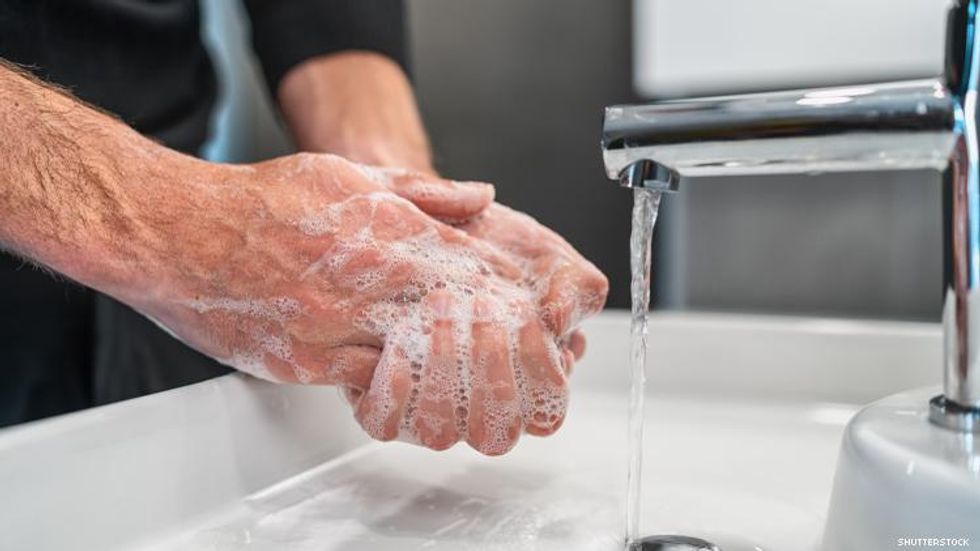
I know you're sick of washing your hands to refrains of the Happy Birthday song (or however you're counting down 30 seconds). I know your hands are getting dry and cracking. Buy some lotion. Washing our hands is essential because we can't help but touch stuff and ourselves. Your nose itches? You don't even think before scratching it. Then you go back to cooking that holiday dinner. And now everyone is sick. Wash your hands frequently. Use hand sanitizer when you can't get to soap and water.
Be Safe So We Can All Get Back To The Fun Stuff
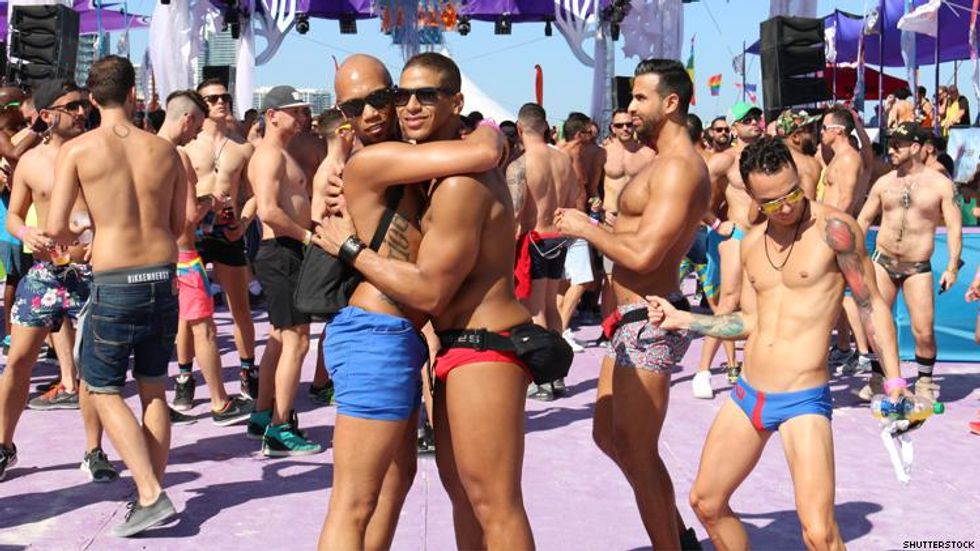
I know that pandemic fatique is a real thing, but if we all do our part over the holidays we can reduce how many people get sick, and speed up recovery so we can all get back to doing the kind of travel we want to do and going to the kind of events we want to attend. And the only masks we'll have to pack will be for snorkeling.
Latest Stories
Marriage equality will be banned in these 31 states if Obergefell is overturned
September 08 2025 10:40 AM
Explore the camp, parties, and parade of Provincetown Carnival 2025
September 05 2025 7:03 PM
Top 10 LGBTQ+ beach towns perfect for Pride and summer fun
June 05 2025 1:54 PM
Checking out: nhow London, the city’s coolest hotel
June 02 2025 8:45 AM
Wilderness, woods, and Wigstock: Drag icons light up the Catskills
May 28 2025 12:17 PM
Out and About with Christian Cooper
May 28 2025 11:07 AM
Lesbian Pride: Here's every Dyke March in the U.S. in 2025
May 14 2025 7:44 AM
'Boys! Boys! Boys!' debuts new podcast
May 01 2025 5:03 PM
Cobblestones, castles, and culture: Your LGBTQ+ guide to Edinburgh
April 30 2025 12:44 PM
My magical and affordable escape to Portugal
April 25 2025 6:08 PM
EDC Weekend Desert Days hits Sin City with Ultra Load
April 25 2025 4:27 PM
Pride-themed Easter shortbread treats!
April 14 2025 11:13 AM
Out and About with Karan Soni
April 04 2025 8:00 AM
The Charles is Pacific Grove's new LGBTQ+ hotel
March 28 2025 7:07 PM
Cowboys & Queens U.S. tour by Jane Hilton: A modern American dream
March 27 2025 5:00 AM












